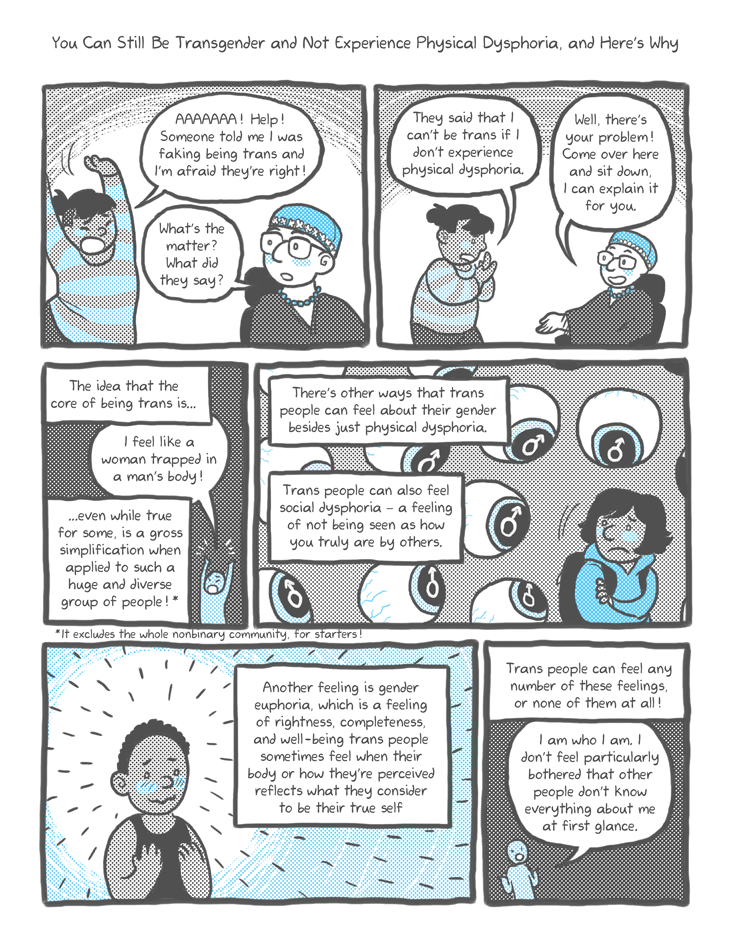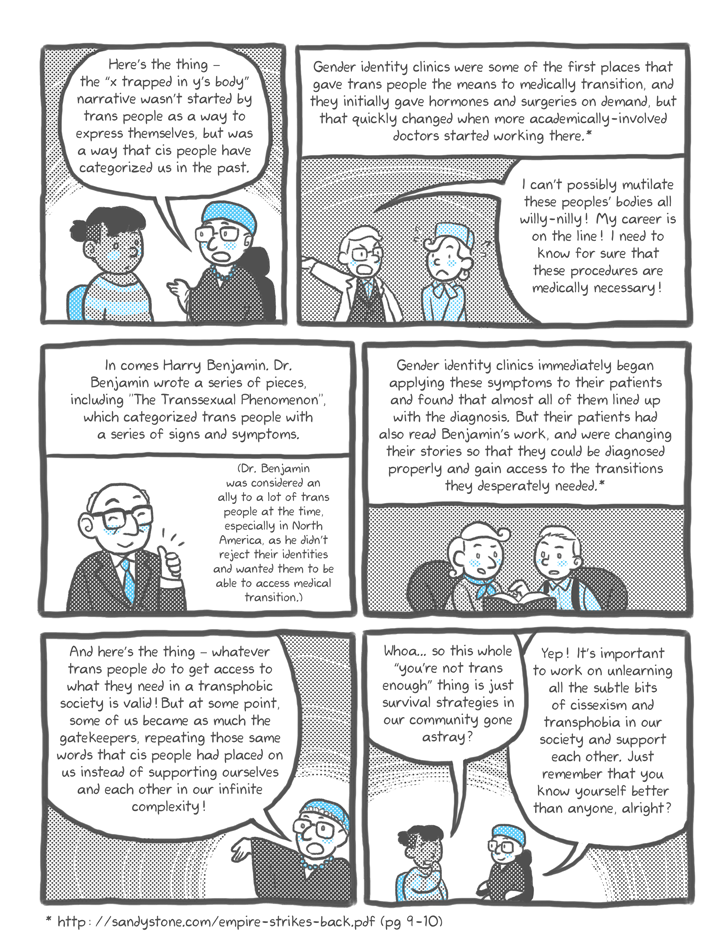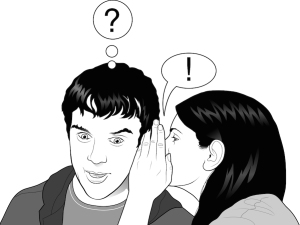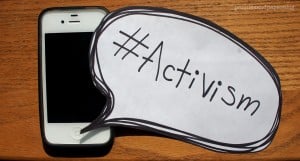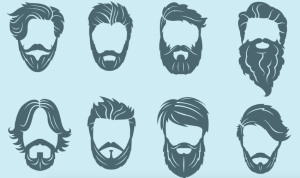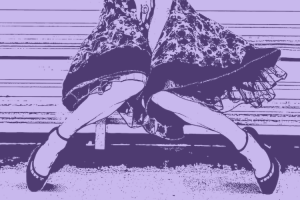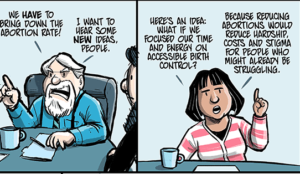You Can Still Be Transgender and Not Experience Physical Dysphoria, and Here’s Why
Panel 1
(Person A rushes to Person B, yelling.)
Person A: AAAAAAA! Help! Someone told me I was faking being trans and I’m afraid they’re right!
Person B: What’s the matter? What did they say?
Panel 2
Person A: They said that I can’t be trans if I don’t experience physical dysphoria.
Person B: Well, there’s your problem! Come over here and sit down, I can explain it for you.
Panel 3
(An image of a trans person yelling to the sky)
Text: The idea that the core of being trans is…
Trans Person: I feel like a woman trapped in a man’s body!
Text: …even while true for some, is a gross simplification when applied to such a huge and diverse group of people (it excludes the whole nonbinary community, for starters)!
Panel 4
(Image of a person walking defensively down the street, surrounded and followed by eyes with the male symbol in their pupils)
Text: There’s other ways that trans people can feel about their gender besides just physical dysphoria. Trans people can also feel social dysphoria – a feeling of not being seen as how you truly are by others.
Panel 5
(A trans masculine person radiates warmth, touching their torso, which is covered by a binder.)
Text: Another feeling is gender euphoria, which is a feeling of rightness, completeness, and well-being trans people sometimes feel when their body or how they’re perceived reflects what they consider to be their true self.
Panel 6
(Another trans person simply shrugs.)
Text: Trans people can feel any number of these feelings, or none of them at all!
Trans person: I am who I am. I don’t feel particularly bothered that other people don’t know everything about me at first glance.
Panel 7
(Person B speaks while Person A pays close attention.)
Person B: Here’s the thing – the “x trapped in y’s body” narrative wasn’t started by trans people as a way to express themselves, but was a way that cis people have categorized us in the past.
Panel 8
(A doctor, presumably at a Gender Identity Clinic, yells at a nurse.)
Text: Gender identity clinics were some of the first places that gave trans people the means to medically transition. They initially gave hormones and surgeries on demand, but that quickly changed when more academically-involved doctors started working there. (pg 9)
Doctor: I can’t possibly mutilate these peoples’ bodies all willy-nilly! My career is on the line! I need to know for sure that these procedures are medically necessary!
Panel 9
(An image of Harry Benjamin, a German man, mostly bald, wearing a suit and thick rimmed glasses.)
Person B: In comes Harry Benjamin. Dr. Benjamin wrote a series of pieces, including The Transsexual Phenomenon, which categorized trans people with a series of signs and symptoms. (Dr. Benjamin was considered an ally to a lot of trans people at the time, especially in North America, as he didn’t reject their identities and wanted them to be able to access medical transition.)
Panel 10
(Two trans people study a book closely together.)
Text: Gender identity clinics immediately began applying Benjamin’s writing to their patients and found that almost all of them lined up with the diagnosis. But their patients had also read Benjamin’s work, and were changing their stories so that they could be diagnosed properly and gain access to the transitions they desperately needed. (pg 10)
Panel 11
(Person B gestures.)
Person B: And here’s the thing – whatever trans people do to get access to what they need in a transphobic society is valid! But at some point, some of us became as much the gatekeepers, repeating those same words that cis people had placed on us instead of supporting ourselves and each other in our infinite complexity!
Panel 12
Person A: Whoa… so this whole “you’re not trans enough” thing is just survival strategies in our community gone astray?
Person B: Yep! It’s important to work on unlearning all the subtle bits of cissexism and transphobia in our society and support each other. Just remember that you know yourself better than anyone, alright?
Panel 13
(Person B pulls person A into a side hug.)
Person A: So it’s okay to not experience dysphoria like they said?
Person B: It’s totally okay. I promise.
Person A: Okay.
